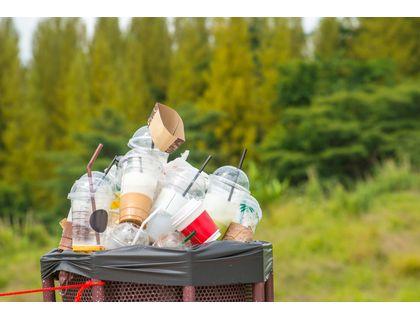0800 011 4531
Call FREE: Mon-Thu: 08:30-17:00 Friday: 08:30-16:00
The issue of eliminating waste has lead several organisations to apply different measures, in order not to further damage the environment. The purpose of improving efficiency and minimising waste has lead to the creation of organisational procedures for recycling materials, while individuals can also take their own measures to achieve this.
There are several guidelines for the purpose of improving efficiency and minimising waste, which include:
This means taking measures to make the most of materials, reducing waste and making products last longer. This also applies to studying the health and environmental impact of products, in order to eliminate everything that may be damaging.
This step ensures that everything that is considered waste can be used again without having to transform it. If by cleaning or fixing it, it can be useful again, then it won’t go to waste.
The recycling process means the treating of materials in order to recover and transform them. This can mean they are used again for the same purposes or different ones, by employing the obtained materials.
Recycling only involves waste that can be recovered and used again, but not waste generated by employing fuel and similar products. Its goal is to make the most of it in other areas before proceeding to eliminating waste.
When there’s no option to recover or recycle waste, it must be eliminated adequately, to prevent it from polluting the environment or affecting it in any way.
Europe generates around 2.2lb of waste per person per day. This doesn’t seem like a lot, but it does add up to 200 million tonns per year.
However, the biggest problem isn’t waste in itself, but its impact on the environment and people’s health. Most legal landfills are reaching their limits, not to mention uncontrolled or unauthorised sites.
When waste is eliminated by burning, a number of toxic chemicals are produced and heavy metals are sent into the atmosphere. To prevent this, filters can be installed, but they are costly and end up in landfills as well.
If this pace of production is continued, the environmental impact will lead to collapse and life on Earth will be impossible.
It’s odd that, in an era where so many improvements are accomplished, the solution for an adequate waste management might come from the past. People in the past didn’t have ant policies for waste management, but they didn’t need them either.
In the past, families would make the most of the things they had. They would only be thrown out if it was impossible to reuse it and organic waste would be used as compost for home vegetable gardens.
Taking this into account, the 3 Rs principle has been developed: reduce, reuse and recycle. The meaning of these concepts is well known and, if applied in any other commercial activities, this policy can improve our current quality of life and that of future generations.
